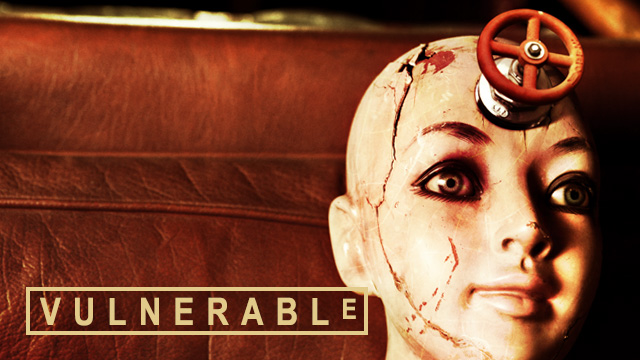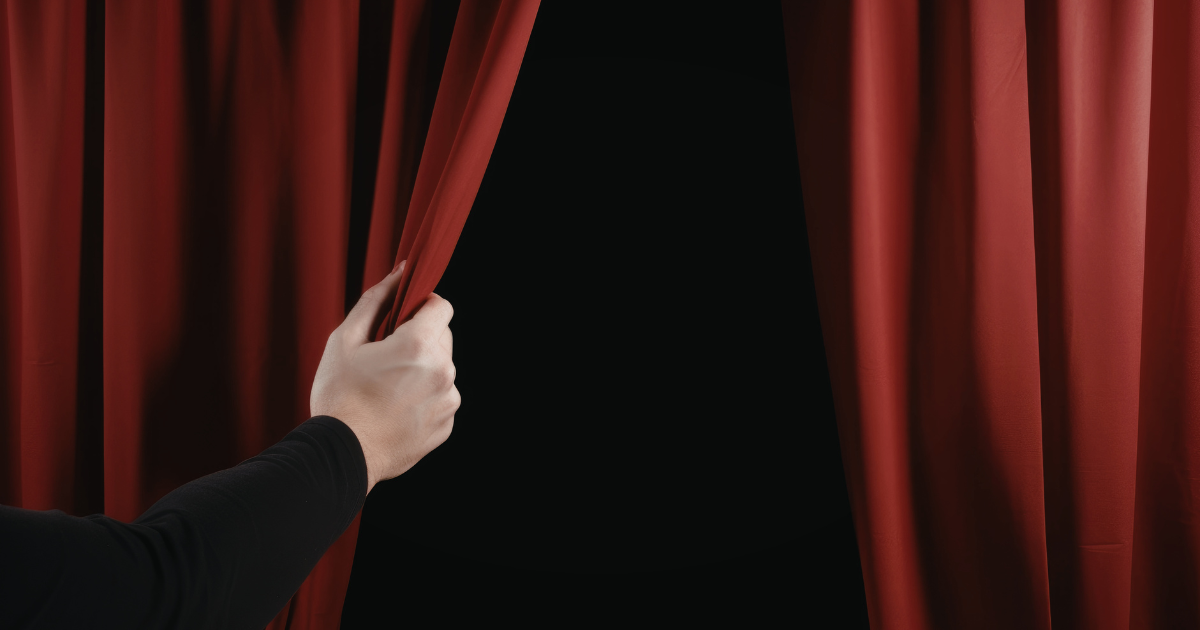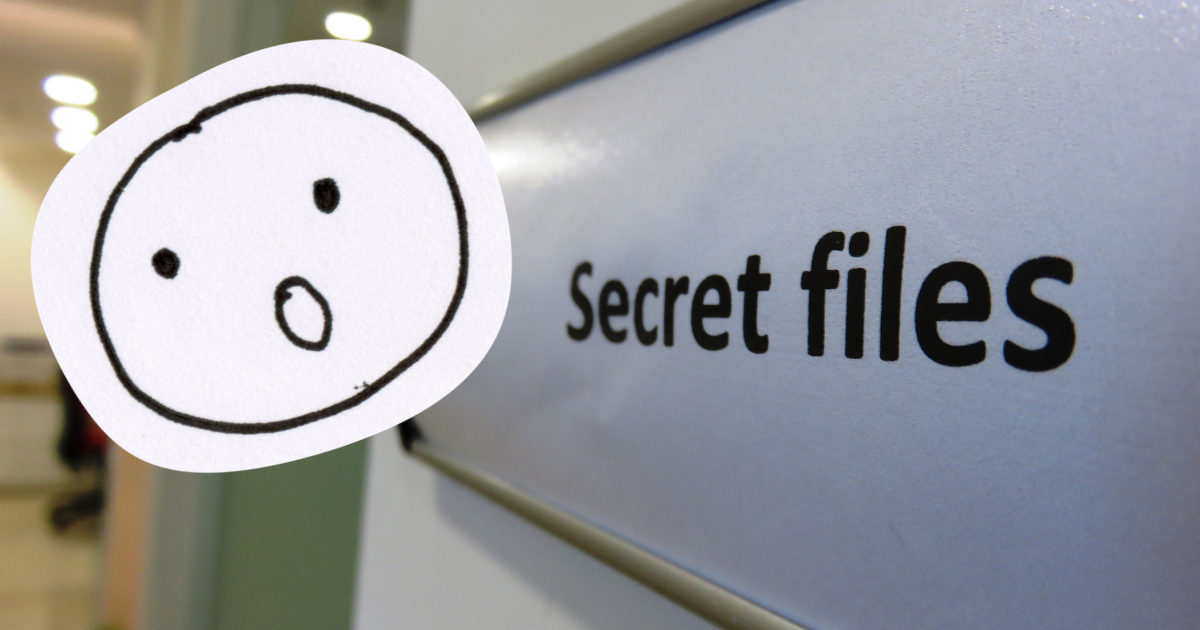Ten Reasons We Are NOT Vulnerable with Each Other [Caleb Wilde]
Article from: Caleb Wilde, CalebWilde.com
When we experience the death of a love one, it asks us to be willing to reach out to others, express ourselves and work through our grief with another. Yet, few of us are willing to be vulnerable, to the detriment of our grief work … to the detriment of our relationships … to the detriment of our humanity. The axiom is this: grief shared is grief diminished; grief repressed is grief magnified.
Here’s 10 reasons why we aren’t vulnerable:
One. Vulnerable = needy. Nobody wants to be seen as needy. The image of a sniveling child, begging the help of their parent is so infantile. We’ve grown out of that. We’re adults. We stand on our own.
But, vulnerability isn’t the same as neediness. Vulnerability is a sign, not of dependence, but of a strength that bespeaks of our ability to be so confident in who we are that we’re willing to allow others to help define us.
Two. Vulnerability means giving control to someone else. Vulnerability is a giving of ourselves to someone else and allowing the response of the other to actually affect, change and/or hurt us. If you’ve been hurt, if you’ve been abused and mistreated, vulnerability is next to impossible. But, oddly, it’s when we’ve regained control and allowed ourselves to be vulnerable again that we know we’re beginning to move past our abuse.
Three. This piggybacks off of number two. Vulnerability means trusting that someone else will take that control and treat it gently and with respect. By giving someone else control over you in your vulnerable state, you’re committing an act of trust. We should choose wisely who we are vulnerable with. Only those we trust.
Four. Fear of being gossiped about. “Did you see that post Caleb wrote on his blog last week? He talked about suicide, leaving God and his wife. He’s sooo … just sooo effed-up.” And while we all appreciate concern, when we’re vulnerable and others see it, they will talk. So be it.
 Five. Vulnerability can create misinterpretation. It’s one thing to be talked about, it’s an entirely different thing to be misinterpreted. Others will see it as weakness. Other’s will see it as being needy. Other’s will see this small chapter in your life and use that chapter to define your story. “He’s so weak. He’s messed up.” Vulnerability isn’t weakness. When done well, vulnerability is STRENGTH.
Five. Vulnerability can create misinterpretation. It’s one thing to be talked about, it’s an entirely different thing to be misinterpreted. Others will see it as weakness. Other’s will see it as being needy. Other’s will see this small chapter in your life and use that chapter to define your story. “He’s so weak. He’s messed up.” Vulnerability isn’t weakness. When done well, vulnerability is STRENGTH.
You can survive the gossip and misinterpretation because your story will shine brighter when this chapter is included.
Six: Vulnerability is ungodlike. At least that’s what we’re told. In our pursuit to be like gods (and like God), we assume that we have to always be in control, always in control of our emotions; we might find that we’re trying to be like a god that doesn’t exist. It would seem that God is weak, that God shows emotions … that God bleeds.
Seven. Vulnerability doesn’t equal masculinity. Who defines masculinity anyways? I get it, in traditional cultures, men were the ones who were supposed to be strong, impervious to their emotions so they could fight through the difficulties of finding a way to provide for the family.
But, if you’re reading this, you don’t live in a traditional culture. So be strong, learn to communicate your emotions and be weak.
Eight. We associate vulnerability with an uncontrolled emotional state. Wrong. Vulnerability is intelligently expressing your troubles, concerns and pains. Emotions come with vulnerability; but vulnerability isn’t simply emotions.
Nine. Vulnerability often involves a move away from our pride and an admission that we are indeed in need of help. Pride. Keeps us from doing things we’re not good at. This is where statements such as, “You can’t see me like this” come from. Why can’t we see you like this? Because seeing you like this might make us think that you’re human?
Ten. I’m just not good at vulnerability. Most of us aren’t. We’ve been taught that it’s ungodlike, uncontrolled, too emotional, too needy, too trusting, too out of control, subject to misinterpretation and so on and so forth. So, you don’t do it. You aren’t vulnerable.
“If you’re lost and alone, if you’re sinking like a stone”, find someone you trust and commit an act of strength; an act that will help you grow; an act that will help your story move onward; an act that will increase your self-confidence.
For many of us, the ONLY time we will find the strength to be vulnerable is when we are dying; change up your story and be vulnerable in both life and death.
Welcome. Welcome to the state of vulnerability. Welcome to the state of humanity.




